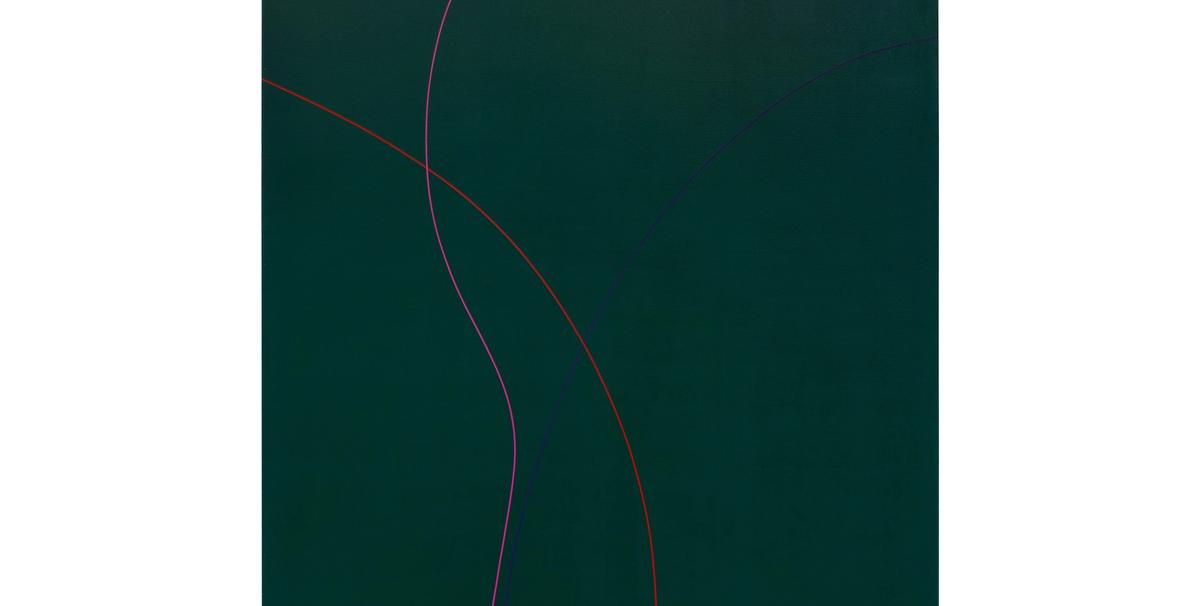The Brooklyn Museum has acquired its first work by the septuagenarian American artist Virginia Jaramillo, who is currently showing in its groundbreaking exhibition, We Wanted a Revolution: Black Radical Women 1965-85 (until 17 September).
The large-scale fir green curvilinear painting, Untitled (1971), was bought during the VIP preview of Frieze New York last week, thanks to the inaugural Frieze Brooklyn Museum Fund. The scheme—the first of its kind for the art fair—contributed $50,000, a sum provided by WME-IMG, the sport and entertainment conglomerate and Frieze shareholder, and the bottled water brand LIFEWTR. Prices for Jaramillo’s work range from around $10,000 to $200,000.
The canvas was one of three by the artist on the stand of the London- and New York-based Hales Gallery. Painted in New York in the 1970s, none had been shown in public for four decades.
The gallery’s director Stuart Morrison says the decision to show these works came after research into Jaramillo’s participation in the now famous DeLuxe Show in Houston, Texas in 1971, where her curvilinear paintings debuted. Jaramillo, who is of Mexican heritage, began working in this style after relocating to New York from California in 1967 following the civil rights protests.
“[The DeLuxe Show] was one of the first racially integrated exhibitions of contemporary art in the US,” Morrison says. “Curiously, Jaramillo was the only woman in the show. Aside from being remarkable paintings, this moment in her work is imbued with a rich historic significance and a story that we wanted to highlight.”
Jaramillo’s market is still vastly undervalued, but the acquisition “marks a monumental moment in her career”, Morrison says. Her inclusion in the black radical women show at the Brooklyn Museum is also “timely and relevant”, he adds.
“The exhibition is expansive in its discussions surrounding feminism and civil rights from the perspective of women of colour, whether that includes African-American, Mexican-American or beyond,” Morrison says. “This group of strong women persevered in their work and fought on even when subject to oppression because of race and gender.”


